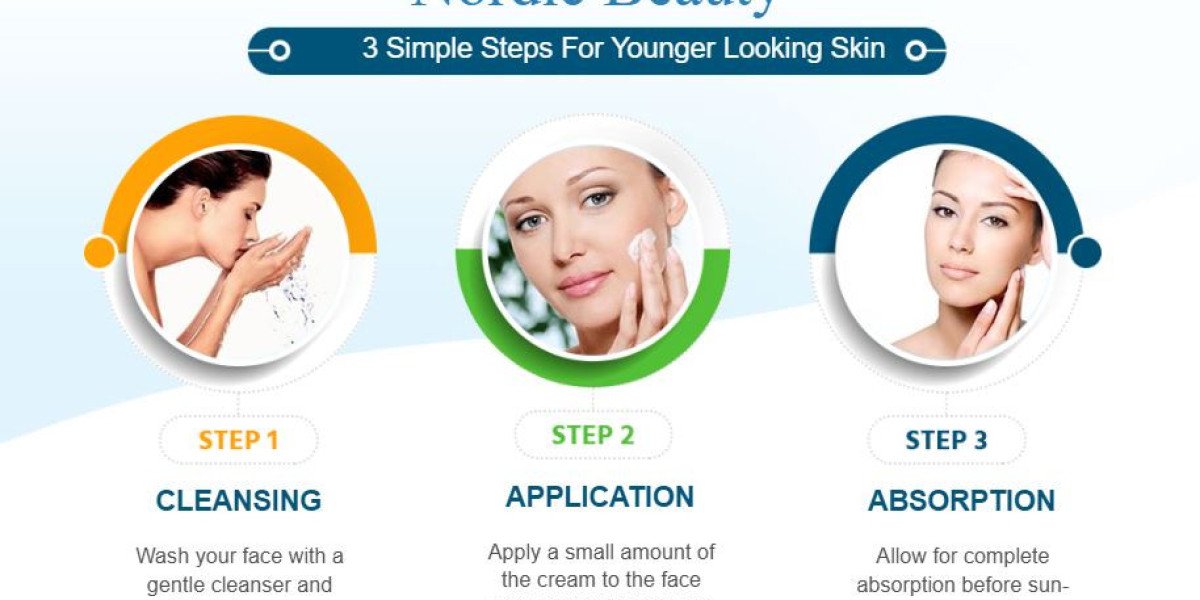Navigating the world of government benefits can be overwhelming. However, understanding how to access these resources can significantly improve your quality of life. The Benefits Authority serves as a vital resource for individuals and families seeking assistance in various areas, from food and housing to health insurance and financial aid.
Understanding Government Benefits
Government benefits are designed to provide support to eligible individuals. These programs can help with essential needs like food, healthcare, and housing. Knowing what benefits are available and how to apply is crucial for anyone seeking assistance.
=> Get Help with Food Assistance! Learn more about SNAP and WIC programs.
Types of Government Benefits
Food Assistance Programs
- SNAP (Supplemental Nutrition Assistance Program): Offers monthly benefits to help low-income families purchase food.
- WIC (Women, Infants, and Children): Provides nutritional support for pregnant women and young children.
Health Insurance
- Medicaid: A state and federal program that helps with medical costs for individuals with limited income.
- Medicare: A federal program for individuals aged 65 and older or those with certain disabilities.
Housing Assistance
- Rental Assistance: Programs that help low-income families afford housing.
- Home Buying Assistance: Resources that make purchasing a home more accessible.
Financial Assistance
- Welfare Programs: Provide cash assistance to families in need.
- Utility Assistance: Helps with electricity, heating, and water bills.
The Importance of the Benefits Authority
The Benefits Authority acts as a central hub for information on these programs. By understanding its role, individuals can better navigate the complex landscape of government assistance.
How to Access Benefits?
Finding the Right Programs
The first step in accessing benefits is to determine eligibility. The Benefits Authority offers tools that guide individuals through this process.
- Benefit Finder Tool: A personalized tool that helps users identify which benefits they may qualify for based on their circumstances.
Application Process
Once eligible programs are identified, the next step is applying for benefits. Each program has its own application process, which may include:
- Filling out an online application.
- Providing necessary documentation, such as proof of income or residency.
- Attending an interview, if required.
Tips for a Successful Application
- Gather Documentation: Before starting the application, collect all necessary documents.
- Be Honest: Provide accurate information to avoid delays or denials.
- Follow Up: After submitting your application, check back to ensure it is processed.
Exploring Specific Benefits
Food Assistance
Food assistance programs are crucial for families struggling to make ends meet. Here’s a closer look at some key options:
- How to Apply for SNAP: Eligibility is based on income and household size. Applications can be completed online or in person.
- Emergency Food Assistance: In urgent situations, local charities and food banks can provide immediate help.
Health Insurance Options
Understanding health insurance options is vital for maintaining well-being. Here’s how to navigate this area:
- Medicaid and CHIP: Low-income families can apply for these programs to cover medical expenses.
- Medicare Enrollment: It’s important to know when and how to enroll in Medicare to avoid gaps in coverage.
Housing Support
Housing stability is essential for overall well-being. Here are some resources to consider:
- Emergency Housing Assistance: Programs are available for those facing eviction or homelessness.
- Home Repair and Energy Assistance: Government programs can help with necessary repairs to keep homes safe and efficient.
=> Discover Health Insurance Options! Check out Medicaid and Medicare availability.
Financial Assistance Resources
Understanding Welfare Programs
Welfare programs provide a safety net for families in need. Key points include:
- Temporary Assistance for Needy Families (TANF): Offers cash assistance to help families meet basic needs.
- Eligibility Requirements: Typically based on income and family size.
Utility Assistance Programs
Utility bills can be a significant burden. Fortunately, there are programs to help:
- Low-Income Home Energy Assistance Program (LIHEAP): Assists families with heating and cooling costs.
- Lifeline Program: Provides discounted phone and internet services for low-income individuals.
Social Security Benefits
Social Security provides essential income for retirees and disabled individuals. Key aspects include:
- Types of Benefits: Retirement, disability, and survivor benefits are available based on work history.
- Application Process: Applications can be submitted online or at local Social Security offices.
Government Grants and Loans
While many people seek "free money," it’s important to understand the difference between grants and loans:
- Grants: Typically awarded to organizations, not individuals, for specific projects.
- Loans: Available for education or business purposes, these must be repaid.
Conclusion
Understanding the Benefits Authority and the resources it offers can empower individuals and families to improve their lives. By accessing government assistance, many can find relief from financial burdens, ensuring better health, housing stability, and overall well-being.









